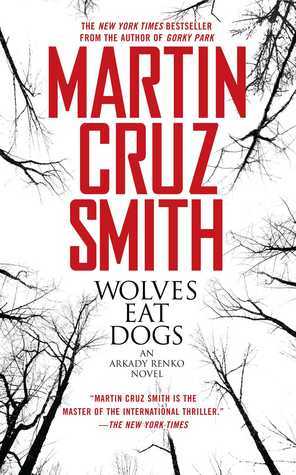What do you think?
Rate this book


336 pages, Paperback
First published November 16, 2004













"See how stunted and deformed the tip is. It will never grow into a tree, only scrub. But it's a step in the right direction. The administration is pleased with our new pines." Alex spread his arms and announced. "In two hundred and fifty years, all this will be clean. Exept for th eplutonium; that will take twenty-five thousand years."Despite the bleakness of the setting, this was another good installment of the series. The story is well told, although I admit it lagged a bit in the middle. I especially liked the ending and think there might be a couple of carry over characters in the next installment. I look forward to it. This one is 4-stars, probably hanging out in the middle of that group.